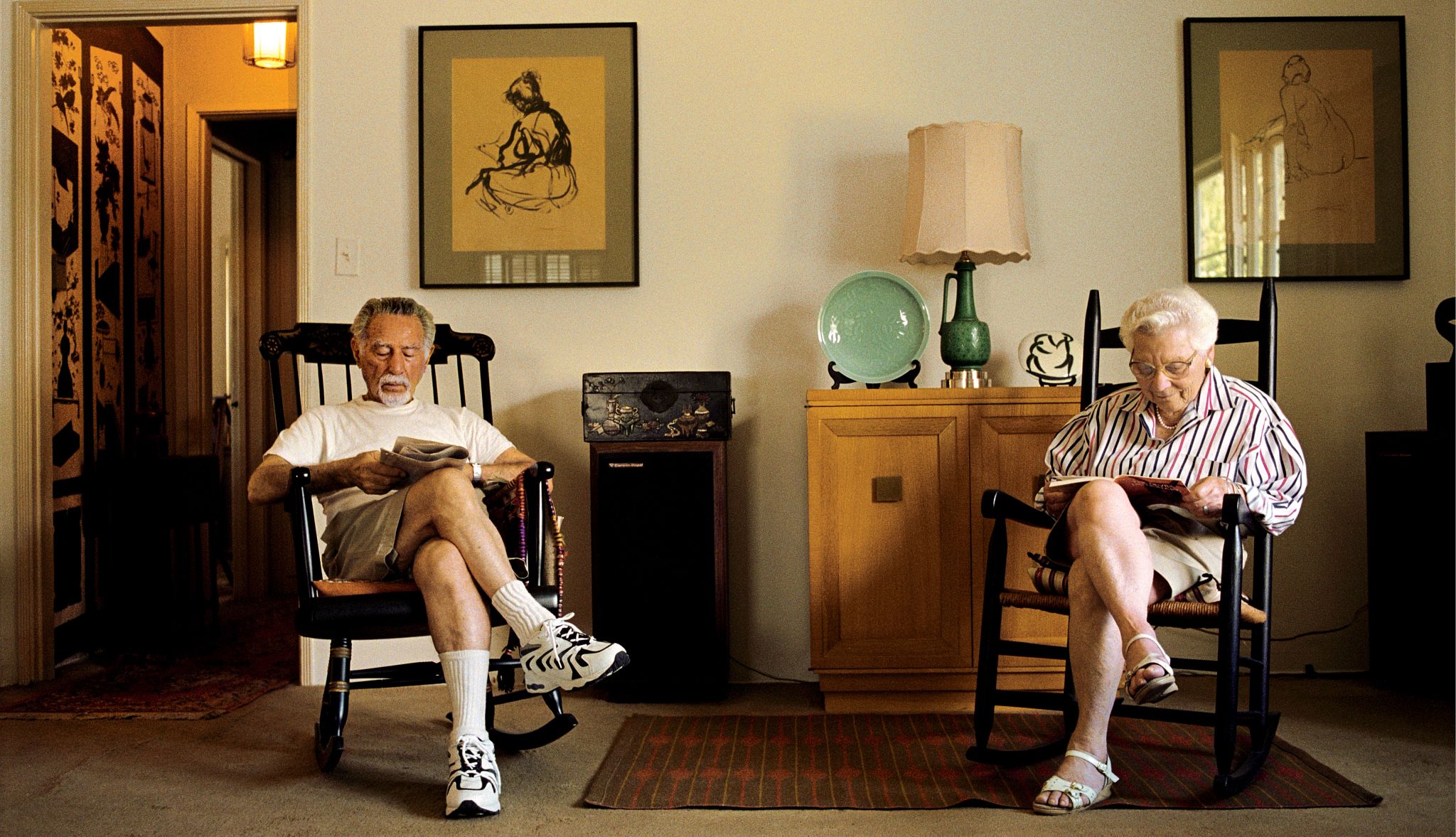AARP Hearing Center


If you’ve been married for over 20 years, you will stay married, right? Not necessarily. According to a 2022 study published in The Journals of Gerontology: Series B, more than 1 in 3 people who divorce in the United States are older than 50.
“ ‘Gray divorce’ is the phenomenon of the increase in the divorce rate among people in their 50s or over,” says Barry J. Jacobs, a clinical psychologist and coauthor of the book AARP Love and Meaning After 50: The 10 Challenges to Great Relationships—and How to Overcome Them. “Divorce in that phase of life had been extremely rare, and it’s not so rare anymore.”
The good news is that splitting up isn’t inevitable. There are ways to help your marriage thrive so you can make it the next 20 years together. Here is what the experts say.
Acknowledge significant life changes
Many long-term couples in this age group are navigating major life changes, like retirement, aging parents and empty nest syndrome. Taking the time to use these moments to redefine your relationship can help strengthen your bond and ensure that you’re growing together, not apart.
Couples can manage these transitions by openly acknowledging them and adjusting to their new reality. “A series of specific conversations need to take place just for planning for this new phase,” says Jacobs. “There’s also this overarching conversation, ‘Who are we?’ ”
One big change: when the children leave. “The empty nest is a stressor,” says Jacobs. “People have to be consciously aware that this is now a different phase of life.”
Some couples may have stayed together primarily for the children or focused so heavily on parenting that their relationship was neglected, says KC Davis, a licensed therapist and the author of Who Deserves Your Love: How to Create Boundaries to Start, Strengthen or End Any Relationship..
Retirement is another major shift. If both partners were working and are now home full-time, they may struggle with a lack of solitude. “ ‘This other person is in my space now,’ ” says Davis, “ ‘and we’re having to spend all this time together.’ ”
Caring for aging parents can also put a strain on your relationship.





































































More From AARP
New Boo and Old Friends at Odds?
You’re in love with your new partner but your friend, not so much. Here’s how to handle it
Gen X, Baby Boomers Want Romance
A new survey on sex and dating trends is out and AARP has the exclusive results
Why Marriages End in 'Gray Divorce'
It's not just celebs who are splitting up after decades together